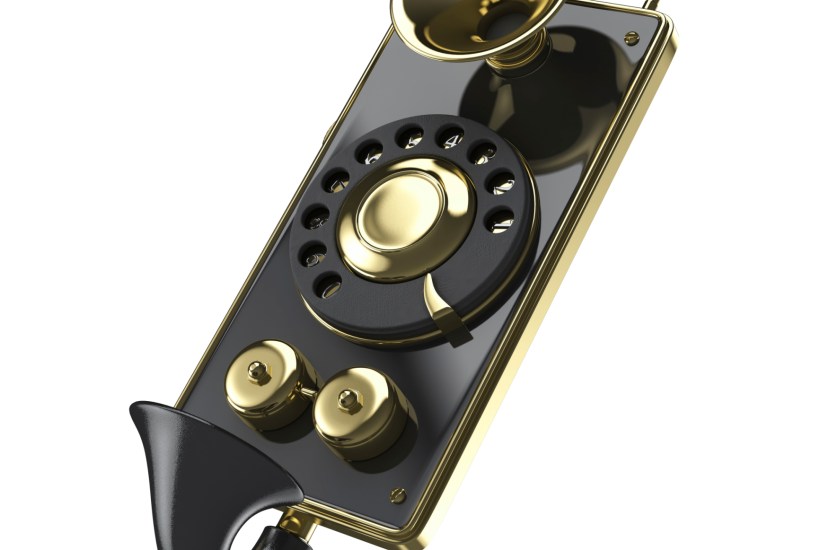I wouldn’t worry much about the future of the British economy. Because I have a simple plan to make the UK the world’s leading exporter of mobile phones. They will be manufactured by a new consortium including Alfred Dunhill, Cordings and Bowers & Wilkins.
The idea came to me when I was watching coverage of the new scandal in France, where a government security officer was photographed at 8 a.m.
Already a subscriber? Log in
Subscribe for just $2 a week
Try a month of The Spectator Australia absolutely free and without commitment. Not only that but – if you choose to continue – you’ll pay just $2 a week for your first year.
- Unlimited access to spectator.com.au and app
- The weekly edition on the Spectator Australia app
- Spectator podcasts and newsletters
- Full access to spectator.co.uk
Or
Unlock this article
Rory Sutherland is vice-chairman of Ogilvy Group UK.
You might disagree with half of it, but you’ll enjoy reading all of it. Try your first month for free, then just $2 a week for the remainder of your first year.















Comments
Don't miss out
Join the conversation with other Spectator Australia readers. Subscribe to leave a comment.
SUBSCRIBEAlready a subscriber? Log in